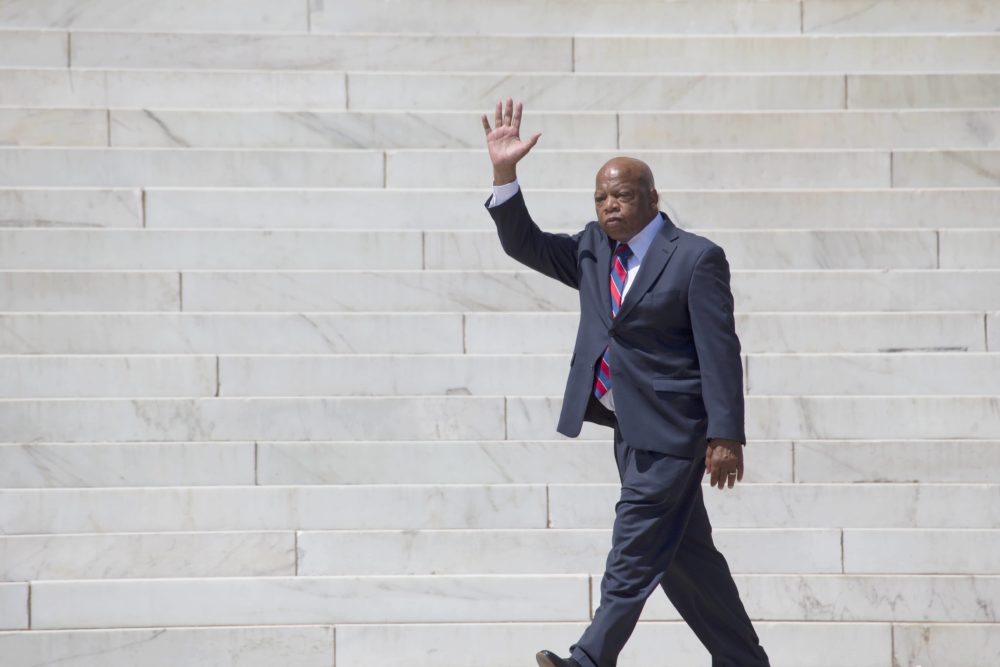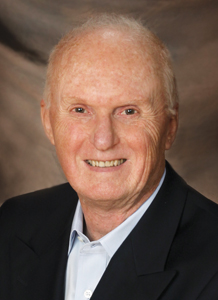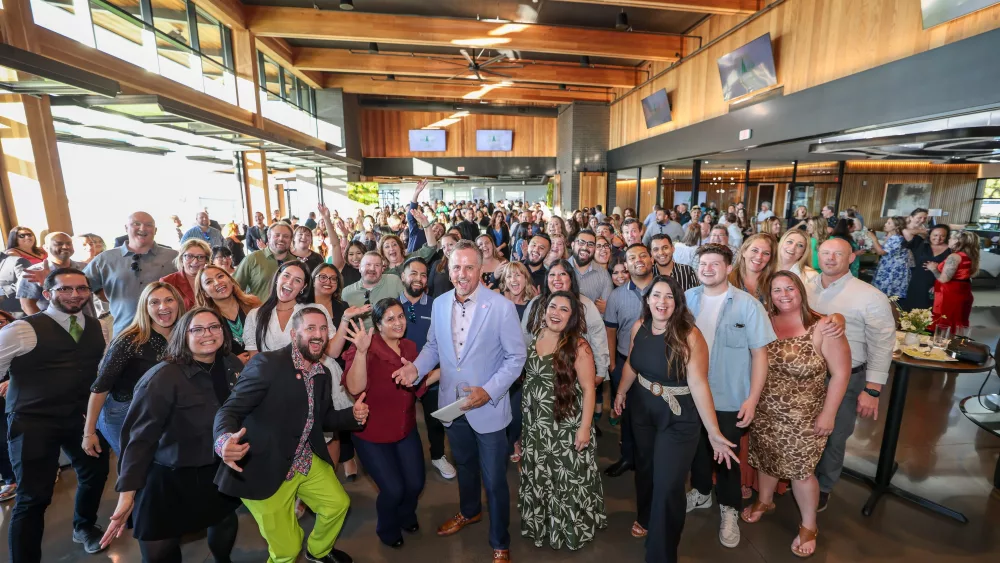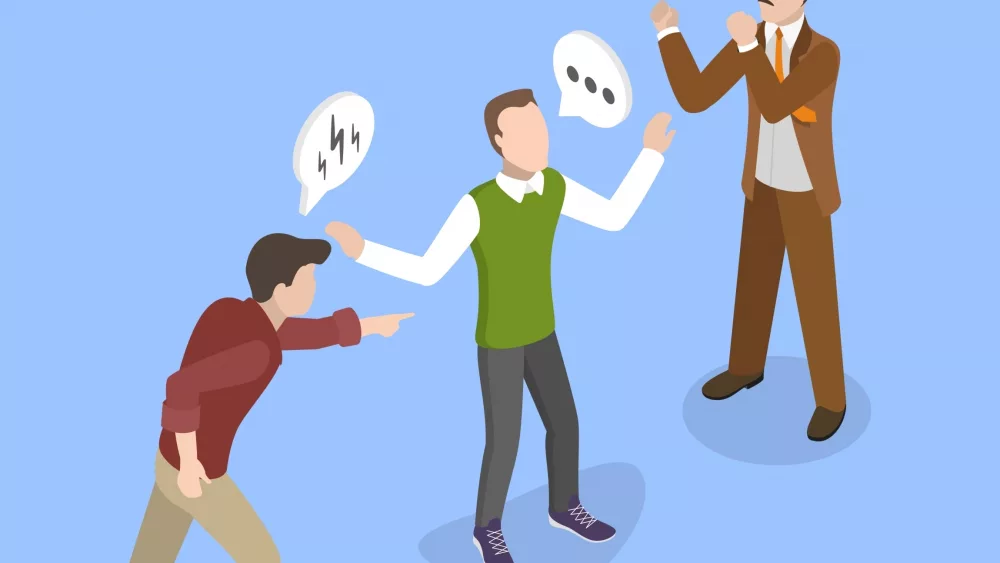
That small spot on Earth where you were born and spent your early childhood years—wherever that might be—provided your first impressions of people and their social mores. Having no other point of reference, you naively assumed the larger world was just like your smaller one.
I was born in 1937 in Birmingham, Ala., and all I experienced was segregation. It has been 400 years since the first slaves were brought to the colony of Virginia, initiating what became this country’s “Original Sin.” I have tried to rise above the early prejudices of my childhood, but now I observe with disgust the brutal killings of Black men and women by the police; the use of uninvited federal troops to disrupt legal protests in Portland, Oregon and Washington, D.C.; and the shocking spectacle of the highest official in our land calling the Black Lives Matter movement a symbol of hate.
Race and racism
I want to share my perspective on two subjects that are now more relevant than ever—race and racism—and a third that is much needed if we hope to find our way out of the abyss, which is reconciliation.
If the only definition of race involved runners, for example, all people—no matter their ethnicity, skin color or physical characteristics—could stand together under one umbrella: the human race. Instead, we refer to groups of people as the white race, the Black race, the Asian race, and so on. I suggest we use fewer terms if we hope to come to grips with issues of segregation and racism.
Unlike race, racism has only one definition, albeit in three parts. Merriam-Webster’s current definition of racism reads like this: 1) a belief that race is the primary determinant of human traits and capacities and that racial differences produce an inherent superiority of a particular race; 2) a) a doctrine or political program based on the assumption of racism and designed to execute its principles, and b) a political or social system founded on racism; and 3) racial prejudice or discrimination.

A remarkable thing happened this May. A recent graduate of Drake University, Kennedy Mitchum, emailed Merriam-Webster and made the case that the definition of racism should also include a reference to systematic oppression. To her surprise, she received a response the next day. Merriam-Webster announced that the definition was outdated and that a revision is in the works. Among other things, Mitchum was responding to George Floyd’s killing and international anti-racism protests, and she proved that one person can make a difference. Ms. Mitchum said, “I think it’s very important for people to be on the same page.”
The “same page,” indeed. A 22-year-old woman has brought to our attention the nexus between our country’s “Original Sin” and systematic oppression. This form of oppression has been at the center of our treatment of Black people and Native Americans for centuries. Consider the results: people of color have been denied the same access to education, health care, housing, employment, food and many other services that the white community takes for granted.
Ms. Mitchum also talked about another kind of racism we must recognize—microaggression—which in many ways is more insidious than systematic oppression. It’s an instance of indirect, subtle or unintentional discrimination that perpetuates racism. When a large Black man is walking toward you at night, do you move away from him? Do you worry he might hurt you? Do you perform acts of microaggression without realizing it? I suggest that most of us do. But how can we change our behaviors if many of them are unconscious?
Reconciliation
Finally, how do we as a society achieve reconciliation, the final step to forgiveness and understanding? John Lewis, the late Congressman from Georgia and a national hero will be our inspiration. Accept John’s assertion that reconciliation is preceded by a person accepting responsibility and showing remorse for what they have done. Lewis’s life was filled with such moments. In 1961, Ku Klux Klan member Elwin Wilson assaulted Lewis at a bus station in South Carolina. Forty years later it was reported in The New York Times that Elwin met with John and asked him for forgiveness. “I’m so sorry about what happened back then,” Wilson said, and John replied, “It’s okay. I forgive you.” They hugged and John said, as if they had known each other a lifetime, “Good to see you, my friend. Good to see you.”
 So, my friends, search your souls like I am for examples of systematic oppression and microaggression in your own life, and set yourselves on a path toward reconciliation. We’d all be wise to follow Lewis’s advice: “Go out there. Speak up. Speak out. Get in the way. Get in good trouble, necessary trouble.”
So, my friends, search your souls like I am for examples of systematic oppression and microaggression in your own life, and set yourselves on a path toward reconciliation. We’d all be wise to follow Lewis’s advice: “Go out there. Speak up. Speak out. Get in the way. Get in good trouble, necessary trouble.”
Waights Taylor Jr. is the author of “Our Southern Home: The Transformation of the South in the Twentieth Century.” For more information, visit www.mccaabooks.com, or email him at waights@sonic.net



